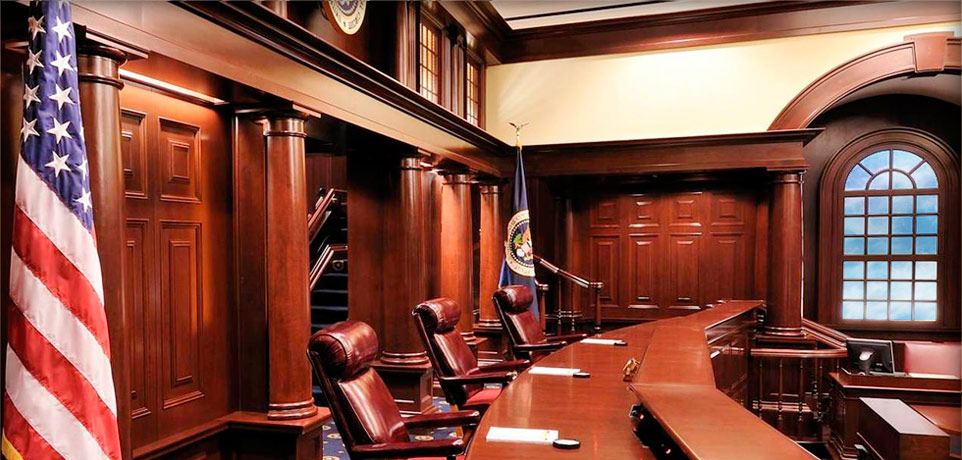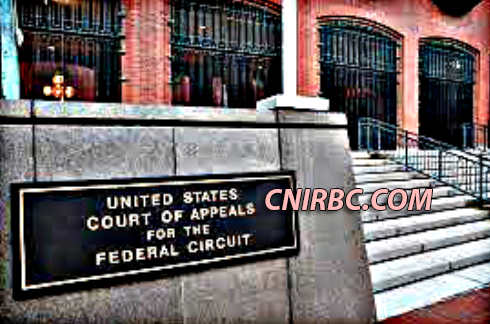The U.S. Court of Appeals for the Federal Circuit has upheld a ruling denying a cryptocurrency executive’s claim to intellectual property (IP) rights over key mining technology. This decision marks a pivotal moment in blockchain patent litigation, highlighting the rigorous standards for proving IP ownership in the cryptocurrency sector.
Background on the Dispute
The case centered around patents allegedly covering innovative methods to enhance blockchain mining efficiency. The executive asserted that these patents were critical to advancing cryptocurrency mining operations, claiming exclusive rights to the underlying technology. However, the dispute arose when opposing parties challenged the validity of the executive’s claims, citing insufficient evidence of ownership or direct involvement in the patent’s development.
Federal Circuit’s Decision
In its ruling, the Federal Circuit affirmed the lower court’s decision, emphasizing that the executive failed to provide adequate documentation or legal proof to substantiate their claims. The court reiterated that patent ownership requires clear, unequivocal evidence, particularly in industries where innovation moves at a breakneck pace.

Legal experts view this decision as a reaffirmation of the principle that IP claims must be backed by substantial and verifiable documentation, a requirement often overlooked in fast-evolving fields like blockchain technology.
Implications for the Crypto Industry
The ruling underscores the critical importance of robust IP strategies for blockchain developers and crypto entrepreneurs. As competition intensifies in the cryptocurrency market, disputes over intellectual property are likely to increase. Experts recommend that companies prioritize due diligence and ensure airtight documentation when seeking to secure and enforce patents.
This case sets a precedent that could influence future litigation in the crypto industry. By establishing clear boundaries for patent claims, the Federal Circuit’s decision provides a roadmap for navigating the complexities of blockchain IP disputes, ensuring a fair balance between innovation and legal protection.



